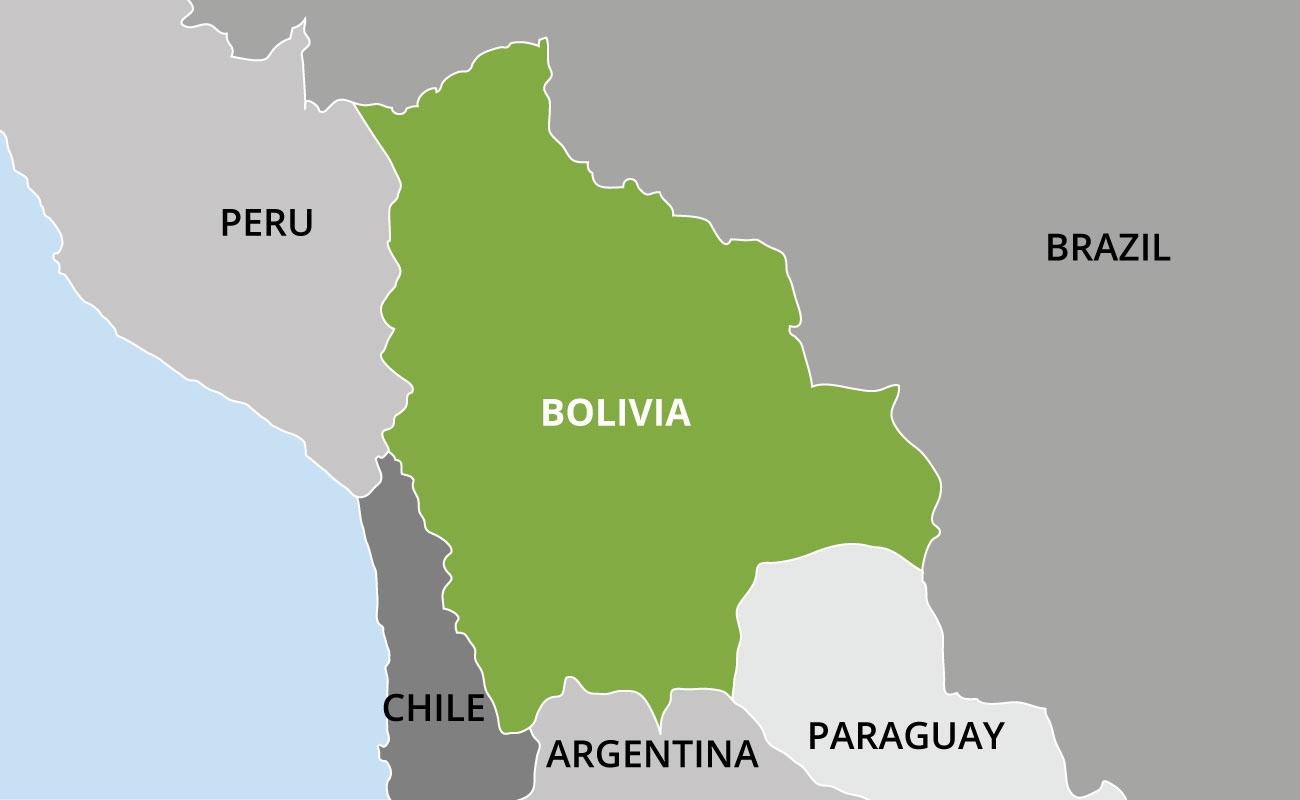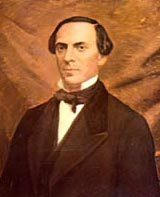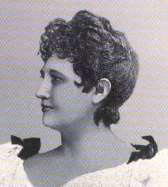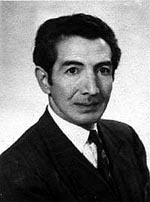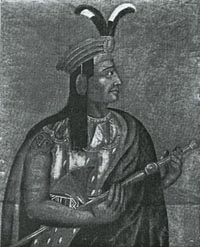
Indigenous, African, and Vernacular Traditions
As we have seen, Latin American concert music has been influenced by the indigenous, African, and vernacular traditions. This section will deepen our understanding of this phenomenon.
Although many composers found the "culture of imitation" stifling, most were unwilling to completely disregard European techniques and genres. Of course, they also had to be true to their personal styles. Latin American composers have faced other challenges as well.
Since gaining independence in the early nineteenth century, most countries have suffered periodically from crippling poverty, a rigid class structure, unequal distribution of resources, and political instability.Although vernacular musics can certainly flourish under these conditions-often defiantly, as shown in our discussion of protest songs-they are hardly conducive to an active concert life, which depends on education, financial support, and organizations to promote concert music.
Shaking off the European influence proved difficult for most Latin American countries. In Venezuela, for example, Gonzalo Cordero and Francisco Pérez Camacho composed traditional religious music for the Caracas Cathedral. Other Venezuelans attempted to establish a national music education system, especially the pianist and composer Felipe Larrazábal (1816-1873); this goal was not realized until the twentieth century, however.
On the other hand, some Venezuelan musicians enjoyed an international reputation, such as the brilliant pianist and composer Teresa Carreño (1853-1917), who toured widely.
Bolivia, initially part of the Viceroyalty of Peru (Alto Perú), had been an important center of church music during the colonial period, especially at the La Plata cathedral (present-day Sucre). Yet after independence in 1825, Bolivian musical life lacked both resources and an educational infrastructure. Pianos began to be imported only in the 1840s and no significant musical organization was established until the first decades of the twentieth century.
In Ecuador, post-independence musical life was also fitful, and several twentieth-century Ecuadorian composers ended up living abroad. Others, such as Luis Humberto Salgado (1903-1977), who honored the slain Incan chieftain Atahualpa in his music, stayed home to improve musical life.





'Anti' is the likely origin of the word 'Andes', Spanish conquerors generalized the term and named all the mountain chain as 'Andes', instead of only the eastern region, as it was the case in Inca era.






